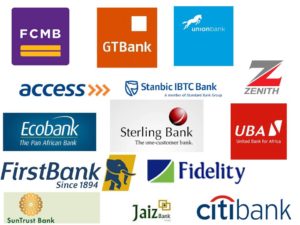
…targets 80 percent financial inclusion by 2020
By Chioma Obinagwam
The Body of Bank Chief Executive Officer (CEOs) has commended the recent notice from the National Communications Commission (NCC) announcing the immediate suspension of end-user billing for Unstructured Supplementary Service Data (USSD) services.
This was disclosed in a statement sent to Confiance News by the Head, Media Relations at Access Bank, Abdul Imoyo.
“We would like to thank the Federal Government of Nigeria for championing this action,” the CEOs disclosed in the statement.
The CEOs noted that when they were presented with two options by the telecommunications companies – corporate billing versus end-user billing – they (banks) supported the standard practice for a relationship between a telecommunications company and their subscribers.
“We proposed the same method they charge for voice calls, SMS and data. We then asked to work with the telecommunications companies to bring the cost of their USSD service down for Nigerians. We were therefore very surprised at the announcements from MTN on the 19th and 20th October,” the statement indicated.
The statement which was signed by Body of Bank CEOs, showed that banks cannot reasonably be expected to charge customers for the service of another industry, over which they have no control of price, quality and security.
The CEOs, however, expressed their delight over consumers access to their bank for free, using USSD.
“This is a giant leap for the National Financial Inclusion Strategy where, through Bank’s subsidising USSD, we have already been able to bring 20 million Nigerians into the formal financial system in recent years.
“The Banks, supported by the Central Bank of Nigeria (CBN), have long advocated the designation of USSD services as a critical national asset (assets that are essential for the functioning of a society and economy) to enable such free access to USSD. Indeed, in countries like India, free access to USSD channels have long been established to successfully drive financial inclusion,” it noted.
They stated their enthusiasm in working with the telecommunications industry to achieve the objectives of the National Financial Inclusion Strategy.
They are optimistic that with the new development, they will achieve 80 percent financial inclusion in 2020.








Leave a comment